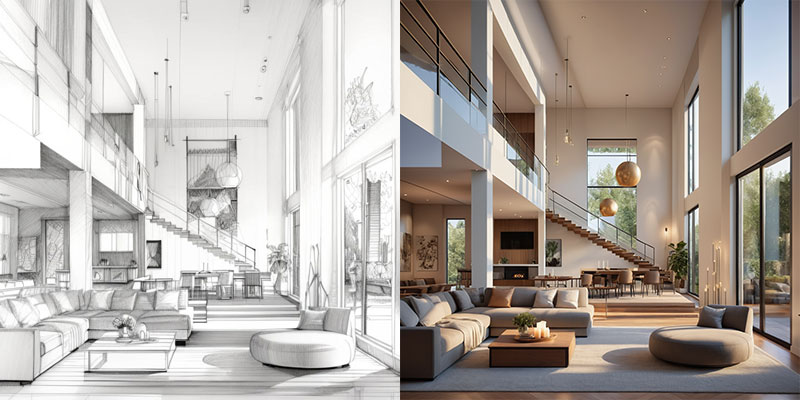Invita Amigos y Obtén Monedas Gratis para Ambos

Renn DerMaughan
Generador de Imágenes IA
v1
Create a highly realistic, photographic image of the original Ford GT40 racing car from the 1960s. The car should be depicted in its iconic blue and orange Gulf livery with a sleek, aerodynamic design. The following details should be emphasized:
- **Body Shape**: Highlight the low-slung, wide body with sharply defined lines and curves. The front should feature the characteristic low nose with a prominent, rounded front bumper and large, round headlights.
- **Doors and Roof**: Show the unique cut-out doors that extend into the roof, characteristic of the GT40’s design. The roof should be slightly domed with a central stripe running along the top.
- **Chassis and Wheels**: Display the car’s racing stance with wide racing tires mounted on classic Borrani wire wheels. The wheels should be partially exposed with visible brake discs.
- **Engine and Rear Design**: Emphasize the mid-engine layout with the rear deck showcasing cooling vents and exhaust pipes. The rear should be wide and low, with dual exhausts and a subtle rear spoiler.
- **Interior**: If visible, the interior should feature a minimalistic, race-focused design, with a small, flat-bottom steering wheel, analog gauges, and racing harnesses on the seats. Include visible roll bars for added authenticity.
- **Lighting and Reflections**: Ensure the lighting captures the car’s glossy paint and metallic details, creating realistic reflections and highlights. The scene should be well-lit, emphasizing the contours and textures of the car.
Set the car against a backdrop of the Le Mans racetrack, with blurred background elements to indicate motion and speed. Incorporate subtle motion blur on the wheels to enhance the sense of movement. Use natural daylight to illuminate the scene, creating dynamic shadows and highlights that enhance the car's detailed features. Include the racing number '6' on the doors and hood for historical accuracy
Estilo:
Fotografía-Comercial
Escena:
Dinámico,Coche Deportivo,Vanguardia
Perspectiva:
Vista de Ángulo Amplio
Arte:
16%
Proporción:
7:5
Iluminación:
Luz Iridiscente
0
Remix
0
Me gustaAún no hay comentarios
Más contenido similar
Renn DerMaughan
Generador de Imágenes IA
v1
Create a highly realistic, photographic image of the original Ford GT40 racing car from the 1960s. The car should be depicted in its iconic blue and orange Gulf livery with a sleek, aerodynamic design. The following details should be emphasized:
- **Body Shape**: Highlight the low-slung, wide body with sharply defined lines and curves. The front should feature the characteristic low nose with a prominent, rounded front bumper and large, round headlights.
- **Doors and Roof**: Show the unique cut-out doors that extend into the roof, characteristic of the GT40’s design. The roof should be slightly domed with a central stripe running along the top.
- **Chassis and Wheels**: Display the car’s racing stance with wide racing tires mounted on classic Borrani wire wheels. The wheels should be partially exposed with visible brake discs.
- **Engine and Rear Design**: Emphasize the mid-engine layout with the rear deck showcasing cooling vents and exhaust pipes. The rear should be wide and low, with dual exhausts and a subtle rear spoiler.
- **Interior**: If visible, the interior should feature a minimalistic, race-focused design, with a small, flat-bottom steering wheel, analog gauges, and racing harnesses on the seats. Include visible roll bars for added authenticity.
- **Lighting and Reflections**: Ensure the lighting captures the car’s glossy paint and metallic details, creating realistic reflections and highlights. The scene should be well-lit, emphasizing the contours and textures of the car.
Set the car against a backdrop of the Le Mans racetrack, with blurred background elements to indicate motion and speed. Incorporate subtle motion blur on the wheels to enhance the sense of movement. Use natural daylight to illuminate the scene, creating dynamic shadows and highlights that enhance the car's detailed features. Include the racing number '6' on the doors and hood for historical accuracy
Estilo:
Fotografía-Comercial
Escena:
Dinámico,Coche Deportivo,Vanguardia
Perspectiva:
Vista de Ángulo Amplio
Arte:
16%
Proporción:
7:5
Iluminación:
Luz Iridiscente
0
Remix
0
Me gustaAún no hay comentarios



























